How to make natural perfume last longer
How to make natural perfumes last longer
-
The skin “drinks” aromatic molecules
-
The nose gets used to smells rapidly
-
The ingredients should be long lasting
-
The concentration
-
The animal scents
Addressing his colleagues in his speech at the prestigious British Society of Perfumers, Guy Robert said very iconoclastically:
“Lasting power is not easy to achieve, nobody knows how and why this is happening”, he further added: “I hate that theory of fixateurs and find it stupid”. We all know these many little songs we are hearing anywhere and forget almost immediately, but from time to time, one of these songs sticks in our brain and we carry on whistling it the whole day … I can assure you the author of these successful songs does not use any “fixatives ingredients” to get that result …”
Let us keep in mind that he was not addressing an audience of students, but his knowledgeable peers in perfumery. He was saying what they all knew. When the man who composed Madame Rochas, Caleche, Equipage, Gucci Parfum, and Dioressence says that nobody knows how lasting power in a perfume is reached, and why it is happening, I am not going to contradict him.
The “fixative ingredient” is the most widespread myth of perfumery. The industry has made it up in order to trick customers into believing that making perfumes is difficult and should be left to professionals like them.
The truth is: anybody can make perfumes. Children in my workshops come up with smells that stupefy me.
Chemical aromatic molecules and natural ones are not really the same, although a chemist could object but, from the beginning, the manner in which they have been assembled is totally different.
Synthetic molecules are atoms bonded together coercively by using chemical reactions. This is a very different process than the one happening in a plant through the energy of life and photosynthesis because life is love.
The plant invites atoms to bind together playfully, designing all kinds of smells in their geometry.
One process is akin to black magic, the other one to a miracle.
Synthetic molecules are often very stable; they interact with the body processes with difficulty. They are not alive and therefore do not die. And they are often dangerous.
Now, natural perfumes are notorious for lasting less than synthetic commercial ones, but this is not always true.
How to make perfumes last longer
Apart from the case in which longevity has been reached in a natural perfume and nobody knows how and why. There are some biological facts to be understood in the case of natural perfumes that will help a natural perfumer to advise customers on how to make his perfumes last longer.
-
-
The skin drinks aromatic molecules
Take the example of natural pheromones, like Civet and Castoreum, that civets and beavers spray on plants and rocks marking their territory. Nature designed them to withstand rain, sun, and cold for a long time.
They disappear instead on the human skin in an hour or two. They have not evaporated; they have penetrated the skin into the body.
To make a natural fragrance last longer, let us spray it on our hair, beard, or clothes. A hairy chest also works well.
-
The nose gets used to smells rapidly
You have all noted that when you enter a restaurant you smell everything in the air, even maybe the grill of the previous night. After 2 minutes you smell nothing of anything of this. However, you will smell anything brought to your table and when the waiter passes near you carrying a pizza “alla rucola” for the next table, the perfume will hit you so strongly that you will not be able to resist ordering the same.
Our nose getting used to ambient smells was designed by nature to keep us aware of any new smell entering our olfactory field of perception without the interference of the smells already present, however strong they are.
In nature, the new smell might be of a predator or of jungle food. Smelling them clearly is essential to survival.
There is a function in the brain that erases the ambient smells if they are not relevant to survival.
This is why you see dogs following a trail in a zig-zag. If they kept straight to the trail they smell it, and in a short while they would not smell it anymore.
Now if you sit in a restaurant, after 2 minutes you will not smell anything in the olfactory background but if there is a leak of gas somewhere you will not only smell it for two minutes but always. This is because your brain has understood that there is something dangerous and negative for your survival.
This is also true in some measure with the smell of synthetics that do not belong to nature. They trigger an alarm in our brain. Gas, because our brain knows it to be dangerous, and synthetics because our body knows them to be unnatural.
When there are molecules in a perfume that do not exist in nature, your nose refuses to switch off. This is the reason in some cases why some synthetic perfumes seem so powerful and long-lasting.
-
The ingredients should be long-lasting
There are several quality parameters for a natural ingredient in perfumery. One of them is its persistence because long-lasting ingredients will make a long-lasting perfume.
The first thing that a natural perfumer should learn is to evaluate the quality of his ingredients; likewise, a jeweler will learn the quality of his stones and a chef the quality of his aliments.
-
The concentration
The concentration in a perfume influences its intensity and its longevity. More aromatic molecules on your skin will smell stronger and will take more time to penetrate the skin.
They will take longer to evaporate on clothes.
-
The animal scents
Animal scents are not used anymore in mainstream perfumery for the simple reason that there are not enough animals for the perfumes produced.
However, in today’s perfumery, the use of any ingredient that costs more than its weight in plastic is incompatible with the economic reality of these perfumes.Animal smells are expensive, more than most botanical ones and when botanical smells are simply unaffordable in modern perfumes, how can we imagine that they are used in our brand frag?
Almost all animal ingredients come from wildlife, their use is simply unsustainable. Animal aromatic extracts have been used a lot in the past. There is a very good reason. Any perfume with such ingredients becomes better. At least this is what the preferences of customers have always shown.
Fortunately for the animals, today perfumes are so bad that the sales are done exclusively through the persuasion of marketing, and the producers do not have to care anymore about making a good product and animal scents can be discarded from modern perfumery.
A natural perfume is a luxury for a few.
-
See also How to make natural perfumes

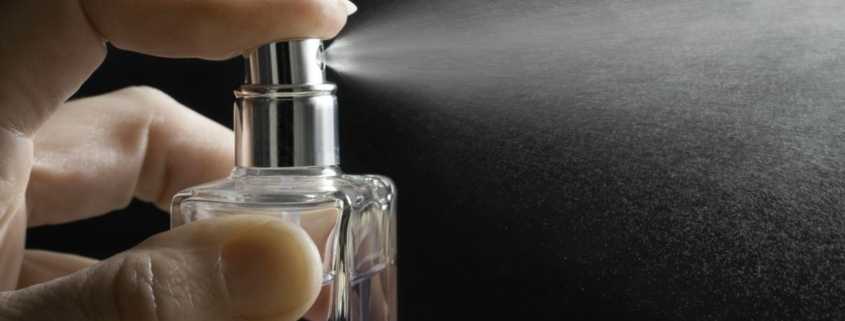

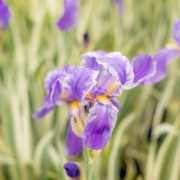

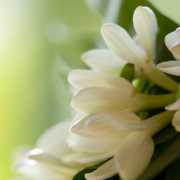
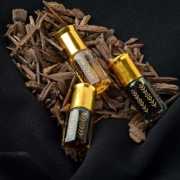
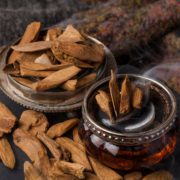
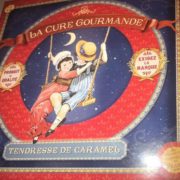
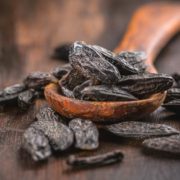
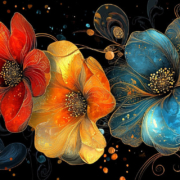













This insightful speech by Guy Robert challenges conventional wisdom in the perfumery industry. By debunking the myth of “fixative ingredients,” he emphasizes the natural complexity of scent creation. Robert’s comparison of synthetic and natural aromatic molecules highlights the unique, life-infused qualities of natural perfumes. His assertion that true lasting power in a fragrance remains a mystery underscores the art of perfumery as something that transcends mere chemistry.